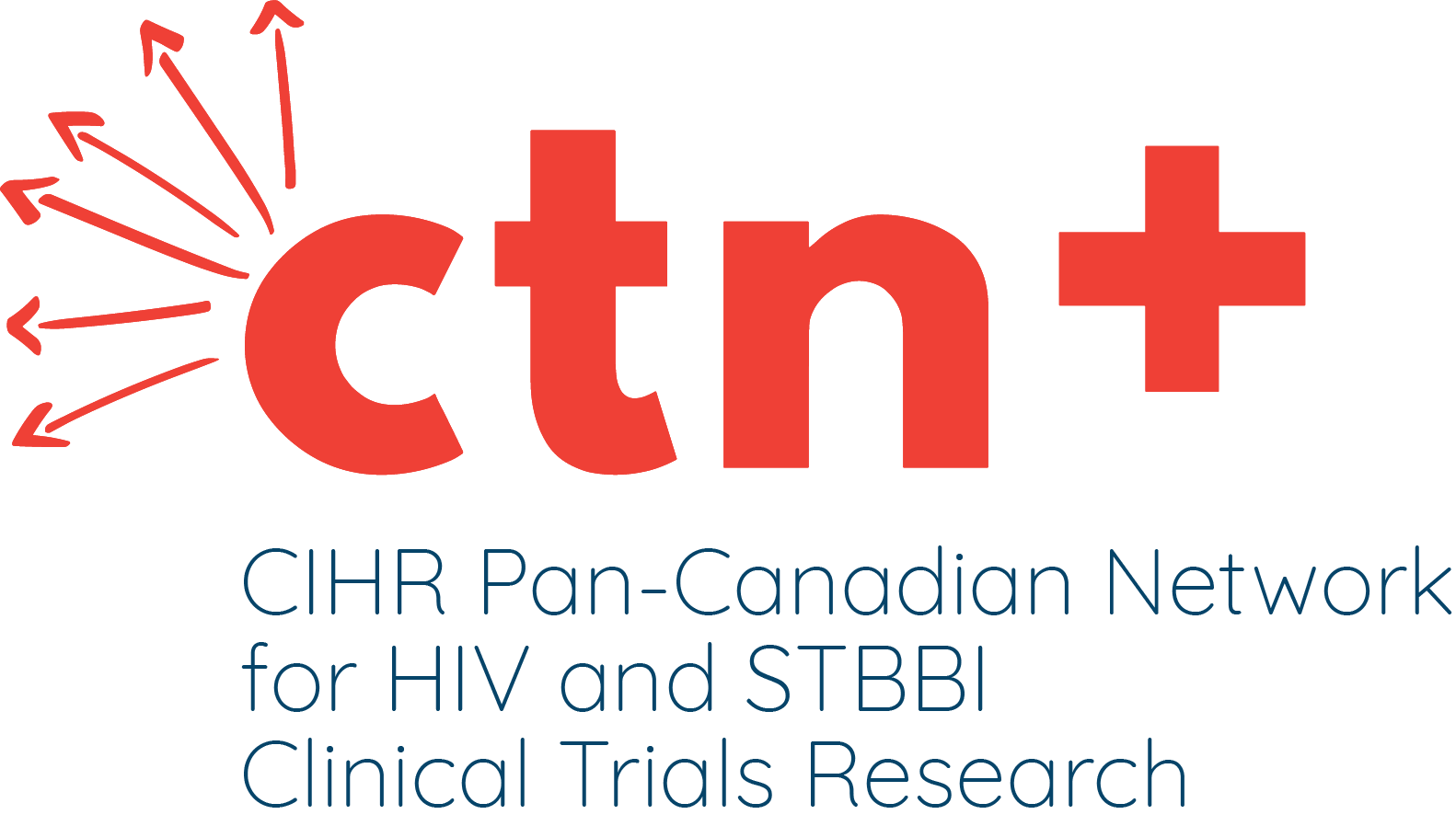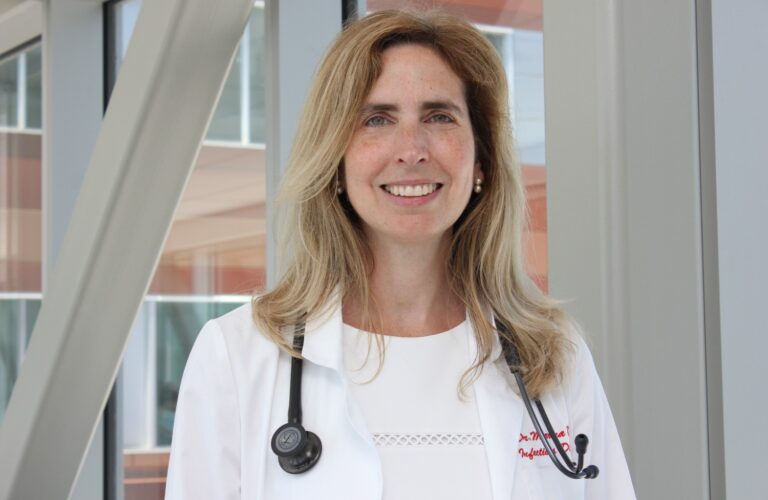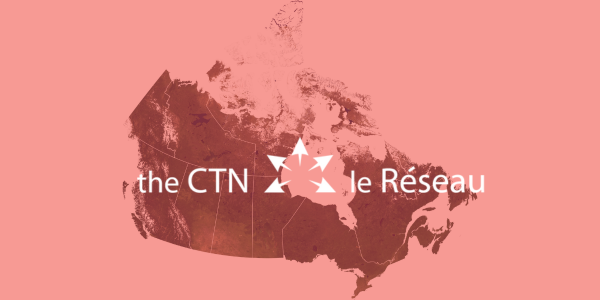
Dr. Katherine Kooij, a medical doctor and epidemiologist, started her CTN fellowship in 2022. Her interest in HIV research began during her medical studies at the University of Amsterdam in the Netherlands. Through research and clinical exchange projects in Russia and Malawi, she gained valuable insights into how HIV affects different communities. Dr. Kooij is interested in understanding how factors like demographics, socio-economic status, and health care impact the well-being of people living with HIV.
Her current research project, using data from the Comparative Outcomes And Service Utilization Trends (COAST) study at the B.C. Centre for Excellence in HIV/AIDS, aims to improve clinical care for people living with HIV who have experienced nonfatal opioid overdoses.
During her CTN fellowship, Dr. Kooij investigates determinants of engagement in primary care and opioid agonist therapy (OAT) among people living with and without HIV after an overdose. By identifying those most at risk of another overdose within a year of a nonfatal incident, she hopes to develop specific strategies to connect them to the right care programs. Her goal is to enhance the long-term health outcomes for people living with HIV.
CTN Postdoctoral Fellow Dr. Katherine Kooij presents her work comparing non-fatal overdoses in people living with and without HIV at the first #CAHR2023 Clinical Sciences Oral Abstract Session. pic.twitter.com/VFYlPAC4OP
— The CTN | Le Réseau (@CIHR_CTN) April 28, 2023
How did she get here?
After working as a medical doctor in Amsterdam, Dr. Kooij took on a Ph.D., studying age-related conditions among people aged 45 and above, both with and without HIV. Her research shed light on the development of age-related conditions in people living with HIV, emphasizing the impact of non-HIV–related factors, such as cigarette smoking.
In 2019, Dr. Kooij moved to Vancouver to pursue a postdoctoral fellowship at the B.C. Centre for Excellence in HIV/AIDS, supervised by CTN Investigator Dr. Robert Hogg. Drawn by the opportunity to help understand the unique aspects of the HIV epidemic in B.C., particularly in the context of the ongoing toxic drug poisoning crisis, she has set her sights on making a difference in the realm of substance use among people living with HIV.
Dr. Kooij’s motivation for studying post-overdose care comes from the impact of the drug poisoning crisis on people living with HIV.
“As a new immigrant to this country, I was shocked to see the impact of the ongoing toxic drug poisoning crisis. Learning that deadly drug overdoses have more impact on the life expectancy of people living with HIV in B.C. than HIV itself, made me want to work on that aspect,” she said. “I’ve learned that HIV can be a manageable and chronic condition, but there is much to be done in the area of substance use in people living with HIV in North America, and in B.C. in particular. Nonfatal overdoses present an opportunity to prevent adverse outcomes among people who use drugs.”
However, she is not blind to the challenges, adding, “This problem is really pressing. Even though there is work that has been done, it is not enough. The number of overdoses is steadily growing, despite so many measures put in place. Unfortunately, people living with HIV are disproportionately affected by the drug poisoning crisis.”
Despite this, Dr. Kooij remains hopeful and believes that by learning from missed opportunities, we can do better at preventing overdoses.
“Many of these people are already in care, so that means there are opportunities for positive action,” she said. “Additionally, some lessons learned in the care of people living with HIV can be applied to improving care for people who use drugs.”
What is next?
Considering her aspirations for the CTN project, Dr. Kooij explained, “I hope the research I’m working on in my CTN project will provide a small contribution to improving health outcomes of people who use drugs. The insights I hope to gain in the determinants of engagement in primary care and opioid agonist therapy following an overdose will translate into recommendations to improve linkage to and engagement in care.”
Dr. Kooij enjoys conducting research that directly informs clinical care and leads to meaningful changes. Looking ahead, she hopes that her research will help bridge the gap between academia and clinical practice. “I’m very grateful for the opportunities provided during this CTN fellowship, to learn from great researchers at the BC-CfE and SFU, and to grow my network within the Canadian HIV research community, helping me to grow as an independent and academic researcher.”
You can stay updated with her research through her PubMed page for a listing of recent publications.






